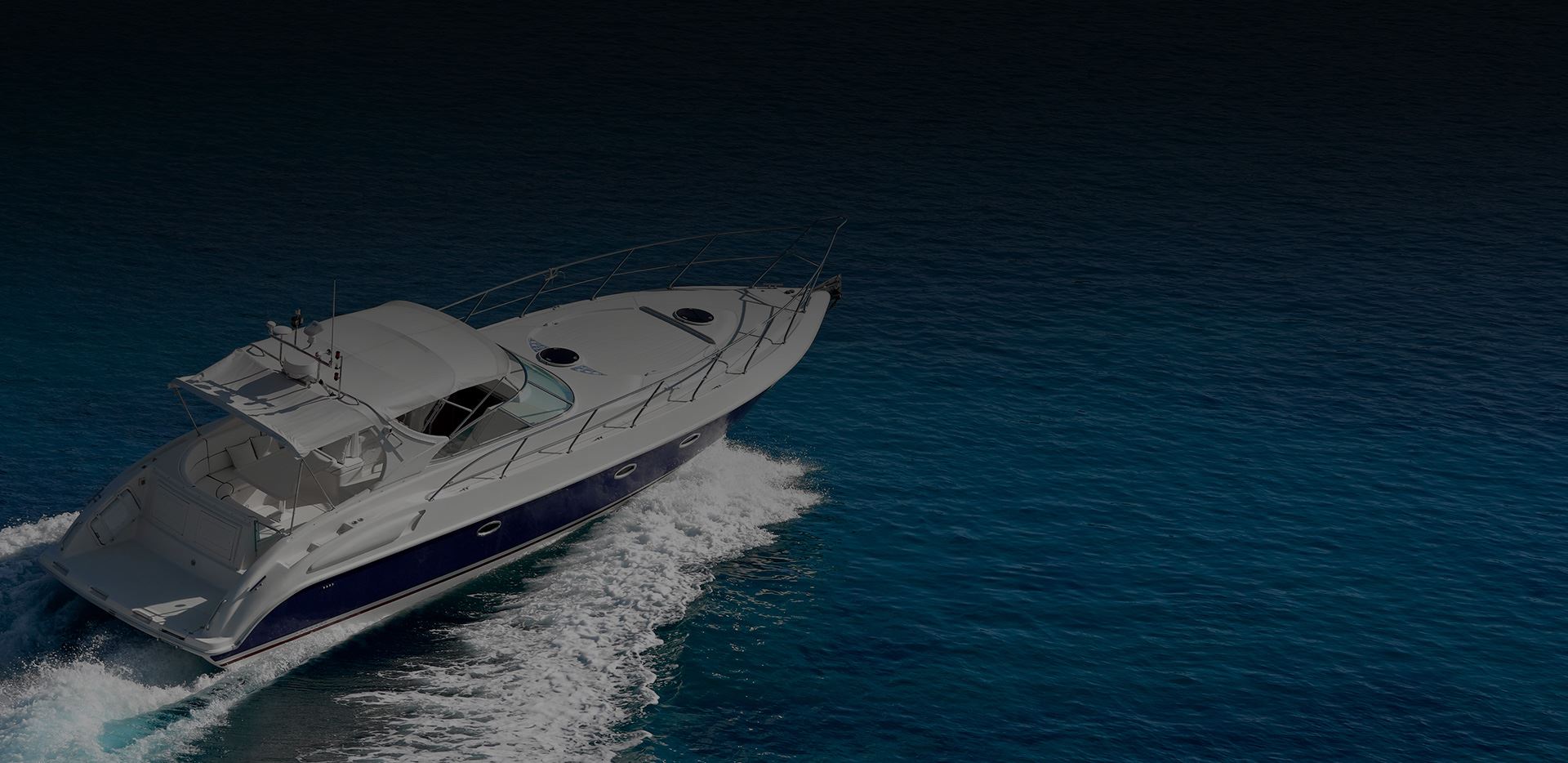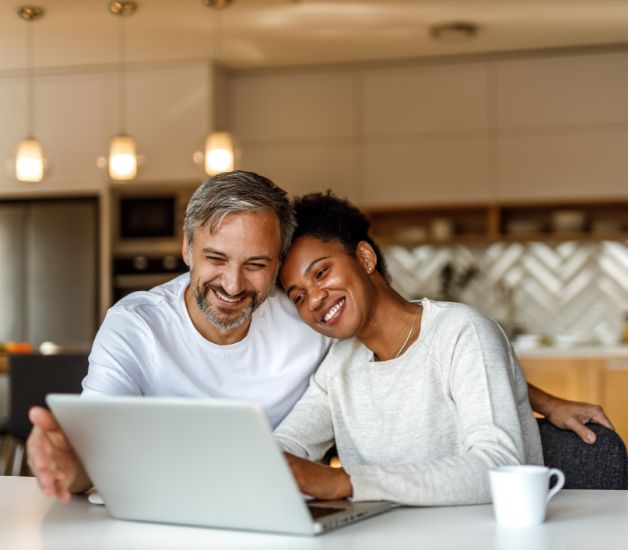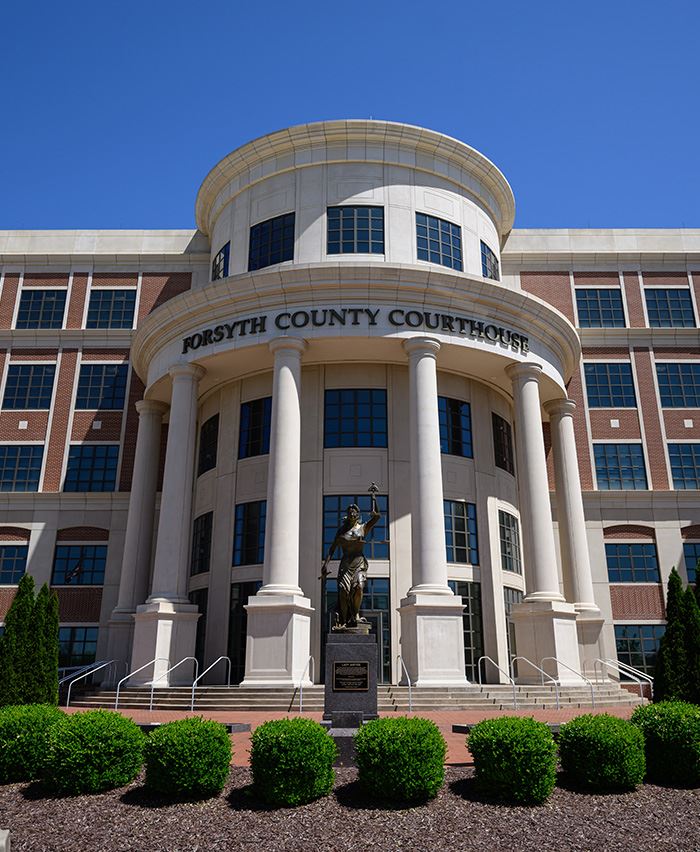

Cumming Boating Accident Attorneys
Aiding Individuals Injured in Georgia Waters
The great state of Georgia is known for its many lakes and rivers, as well as its coast, which is why countless individuals flock to the water annually, especially in the summer, to enjoy outings and adventures on boats and watercraft.
Unfortunately, this also means that our law firm has seen its fair share of boating accident cases. Though some accidents are unavoidable, there are many that are caused by someone’s carelessness or negligence.
Bettis Musgrove is a local law firm that understands the types of accidents clients in Georgia can face. Our boating accident attorneys in Cumming are well-versed in boating accidents and has handled countless personal injury cases successfully. Our team always puts our clients’ best interests first and makes sure they feel understood before we proceed with our work. You can trust us to achieve favorable results.
Our boating accident attorneys are ready to help you. Contact us online or call (470) 347-1515 today!
Common Types of Boating Accidents
There are many ways you can be injured in a boating accident. While on a river, lake, or at sea, it’s just as important to remain alert when steering boats as it is when you’re driving on the road. You’re not the only person on the water – others around you depend on you to create a safe environment, but they can also be the ones to put you at risk, too.
Common accidents that occur on boats include:
- Injuries caused by propellers
- Injuries caused by inexperienced boat operators who aren’t qualified or lack valid licenses
- Head-to-head collisions between boats and jet skis as a result of overcrowding, speeding, and not being mindful of staying within your channel on the water
- Accidents caused by overloading
- Accidents caused by defective or malfunctioning boats
- Collisions with docks and buoys
- Nighttime accidents as a result of improper lighting
- Failure to carry safety equipment on board
Many of these accidents are caused by carelessness or a lack of experience. Even when you’re going out on a boat for a casual party or even just for an hour-long cruise, you must be prepared at all times and aware of your surroundings. Some accidents are also caused by intoxicated boating. Georgia prohibits individuals from driving boats of they have a blood-alcohol content of 0.08% -- the same requirements applied to drivers of cars.
Contact our team online or at (470) 347-1515 for a free consultation. The sooner you call us, the sooner you can cover your costs and focus on the healing process.
What Are the Common Causes of Boating Accidents?
While there are many safety guidelines and regulations in place for boating in Georgia, these measures are sometimes ignored or overlooked, leading to disastrous accidents. Negligence and disregard for safety are contributing factors in many boating accidents, turning what should have been an enjoyable day on the water into a tragic event.
Below are the most common causes of boating accidents in Georgia:
- Inattention and Negligence: This includes distractions on board, as well as failing to watch for changes in the weather, water conditions, or the actions of other boaters.
- Speeding: Boating at high speeds can make it difficult to stop or turn quickly enough to avoid a collision.
- Inexperience: Many operators lack the necessary experience and training to handle unexpected situations on the water. This can result in poor decision-making that leads to accidents.
- Alcohol Use: Operating a boat under the influence of alcohol is a top contributor to fatal boating accidents. Like driving, it is illegal to operate a boat with a blood alcohol concentration (BAC) of 0.08% or higher in Georgia.
- Equipment Failure: Accidents can happen when the boat’s equipment is faulty or malfunctions, especially when the operator does not conduct regular checks and maintenance.
- Violating Navigation Rules: This includes failing to yield the right of way, improper lookout, or not following marked channels and navigation rules.
- Weather Conditions: Sudden changes in weather can lead to accidents, particularly if a boat is not seaworthy or the operator is unprepared to handle such conditions.
- Overloading: Overloading a boat with too many people or equipment can make it unstable and prone to capsizing.
Who Is Liable for a Georgia Boating Accident?
In the state of Georgia, like many other jurisdictions, determining liability in boating accidents is governed by principles of negligence. The party who failed to exercise a reasonable level of care or disregarded safety regulations that resulted in the accident is typically held responsible.
This could be the boat operator, if they were intoxicated, speeding, or otherwise operating the vessel irresponsibly. It may also be the boat owner, especially if the boat was improperly maintained or had faulty equipment that contributed to the accident. In some cases, a manufacturer could be held liable if a defect in the boat or its components led to the accident.
If you find yourself the victim of a boating accident, it is crucial to engage an experienced Georgia boating accident lawyer to help you navigate the complex process of determining liability and seeking the compensation you deserve.
What Damages Can Boating Accident Victims Recover in Georgia?
Victims of boating accidents in Georgia can seek compensation for a variety of damages. These include both economic and non-economic damages.
Economic Damages
Economic damages refer to quantifiable costs, such as medical expenses which cover present and future treatment related to the injuries, lost wages for the time you were unable to work due to the accident, and property damages if your personal belongings were ruined or lost in the accident.
Non-Economic Damages
On the other hand, non-economic damages include compensation for pain and suffering, emotional distress, and loss of enjoyment of life. In the event of a tragic loss of life in a boating accident, the victim's family may also be entitled to wrongful death damages.
It's important to remember that the process of claiming these damages can be complex and challenging, hence the need for a competent boat accident law firm to guide you through this process and ensure you receive the compensation you rightfully deserve.
Rely on our experience! Contact us online for the help you need getting the compensation you deserve.
What Should You Do After a Georgia Boating Accident?
After a boating accident, your actions can significantly impact your ability to obtain full compensation for your injuries. If you do not take the proper steps, you may find yourself unable to recover the full compensation that you deserve. Here's a detailed list of the steps you should take following a boating accident to help ensure you receive the maximum compensation:
- Prioritize Safety: The first and foremost step is to ensure the safety of everyone involved. If anyone is injured, call for medical help immediately.
- Report the Accident: As per Georgia law, boating accidents must be reported to the local law enforcement agency. Ensure you make this report as soon as possible, providing all necessary details, to ensure that there's an official record of the incident.
- Collect Evidence: If it's safe to do so, gather as much evidence from the scene of the accident as you can. This might include photos or videos of the damaged boats, injuries, and any conditions that may have contributed to the accident. Also, take note of the specific details of the accident, including the time, date, and location.
- Collect Witness Information: If there were any witnesses to the accident, collect their contact information. They may be able to provide key testimony later on.
- Do Not Admit Fault: It's crucial that you do not admit fault or liability at the scene of the accident. Even if you think you may have contributed to the accident, don't admit guilt. This will be determined later through a thorough investigation.
- Seek Medical Attention: Even if you feel fine, it's important to get a medical check-up as soon as possible after the accident. Some injuries may not be immediately apparent.
- Contact a Boat Accident Attorney: As soon as possible, get in touch with a boating accident attorney in Georgia. They will guide you through the claims process, ensuring you take the right steps towards obtaining the compensation you deserve.
Remember, the aftermath of a boating accident can be an overwhelming time, but following these steps can put you in the best position to recover the damages you deserve.
Call our Cumming boating accident lawyers at (470) 347-1515 for a free consultation and guidance.
Why Do I Need a Boating Accident Lawyer?
Our boating accident attorneys can protect your potential case and help you pursue the maximum amount of compensation possible. Georgia boating laws can be complex and require a trained eye to understand and interpret the nuances of the laws and your unique situation. Additionally, the people or entities who caused your boating accident most likely have insurance companies that are always looking for ways to undermine claims and avoid paying compensation.
Our team may be small, but we have the necessary experience, skills, and resources needed to build your claim and secure payment for damages. We can investigate the scene of your accident and negotiate a settlement that offers benefits for you and your family.


What Sets Our Lawyers Apart?
Why Clients Choose Us
-
Compassionate & Honest RepresentationWe provide personal service and care for each client in order to deliver the best results possible.
-
Available for Help 24/7No matter the time of night or day, you can count on our firm.
-
Free Consultations AvailableLearn how our injury lawyers can help during a free consult.
-
You Don't Pay Unless We WinYou don't pay our firm a dime unless we win for you.